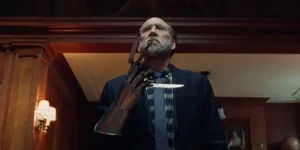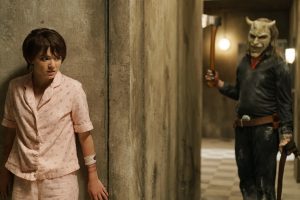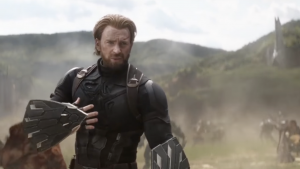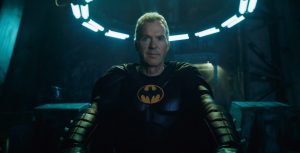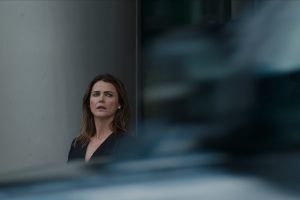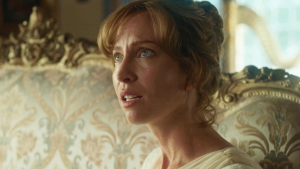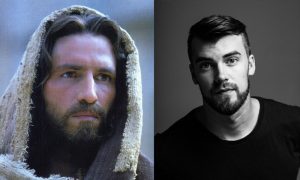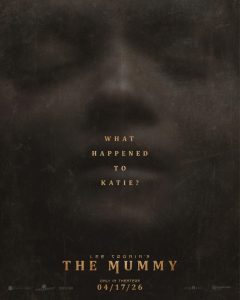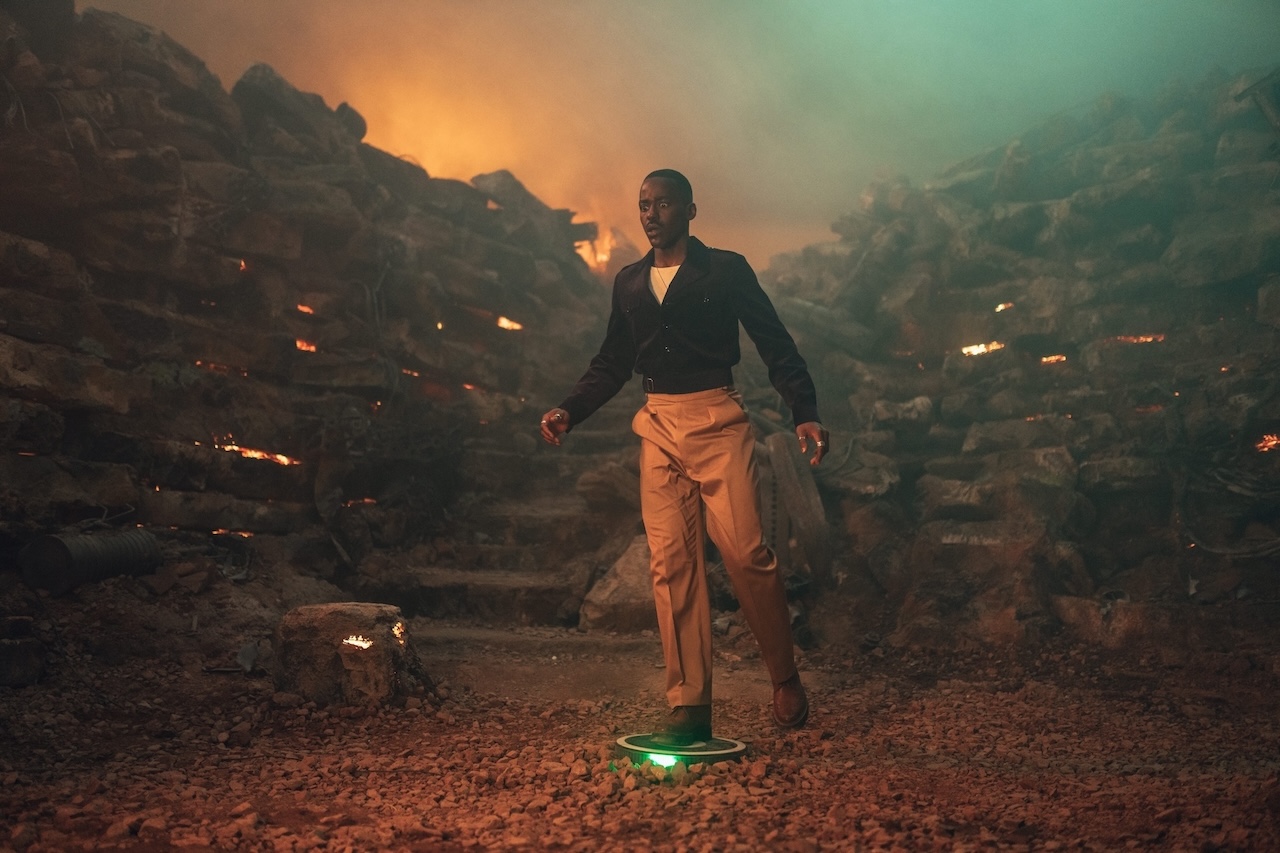
This Doctor Who article contains spoilers.
The Doctor’s adventures in space and time often put things out of order. But the third episode of series 14 may have outdone itself. The latest episode of Doctor Who, the Steven Moffat-penned “Boom,” finds the Doctor stepping on landmine constructed by Villengard, the largest weapons manufacturer in the galaxy.
It’s an incredibly tense episode, one that gives new Doctor Ncuti Gatwa another opportunity to show off his ability to play vulnerable and unknowable at the same time, as well as showcase Mille Gibson’s Ruby, cementing her place as a worthy companion. (The episode also served as Varada Sethu’s debut on the show, ahead of her series 15 role as a new companion.) The quality shouldn’t come as too much as a surprise, given that “Boom” comes from one of the most acclaimed writers of the NuWho era, his first under returning showrunner Russel T Davies.
And yet, “Boom” has left some fans with a lingering question: why didn’t the Doctor solve everything? After all, “Boom” writer Moffat also wrote “The Doctor Dances” from series 1, which ended with the Ninth Doctor announcing with delight, “Everyone lives!” Why does the Doctor just help this small group of Anglican Marines instead of ending what he even admitted was a “stupid little war” manufactured by the evil Villengard?
The answer, is, well, they already did. Or will do. Appropriately enough, we learned about it way back in “The Doctor Dances,” the first episode Moffat penned for the show. When the Ninth Doctor (Christopher Eccleston) and Rose need to get into a locked room, he steps aside and lets Captain Jack Harkness take care of it. As he explains to Rose, there’s nothing wrong with the sonic that he would usually use. But this gives him the opportunity to check out Jack’s 51st century tech, an impressive blaster.
“The weapon factories of Villengard,” the Doctor observes of the blaster, which impresses Jack.
“You’ve been there?” Jack asks, to which the Doctor answers, “Once.”
When Jack explains how it’s too late to visit again, since the main reactor went critical and destroyed them, the Doctor repeats his answer. “Like I said, once.”
That’s a dark response, one common for the Ninth Doctor who, like his predecessor the War Doctor (John Hurt), made tough decisions in the wake of the Time War. After being pushed to destroy his home planet Gallifrey (at least, his presumed home planet, and also he didn’t actually destroy it lol), the Ninth has lost all patience with war in any form. Thus, he would destroy something as hateful as a weapons factory. And there’s a banana grove there now!
Viewers didn’t get to see the extent of Villengard’s reign of terror until “Boom,” all the way in series 14. “Boom” presents a horrible vision of perpetual war, spurred on by capitalism, blind faith, and inhumane technology. By adhering to a predetermined algorithm, Villengard maximizes profits while turning people into hideous tubes of smelted flesh.
In light of “Boom,” the destruction of Villengard mentioned in “The Doctor Dances” seems both just and good. It’s a powerful fantasy for those of us who live in the real world of the military-industrial complex.
Even better, “The Doctor Dances” shows viewers what happened to that factory. When approached by a zombie child in a gas mask, the apparent villain of the two-part episode, Jack pulls his blaster, only to find that it’s been replaced with a banana. Later, Jack asks the Doctor where he got the fruit. “From the banana groves of Villengard,” he answers with his broad smile.
The response confounds Jack, who can’t imagine produce grown in an area known for destruction. But it should make sense to the Anglican Marines, that is, if they’ve retained any aspect of the scripture that gave birth to their faith. Isaiah 2:4 describes swords beat “into plowshares / and … spears into pruning hooks.” That vision of farming in the place of weaponry comes true, thanks to the Ninth Doctor’s actions.
The Ninth Doctor solving a problem that the Fourteenth Doctor encounters isn’t the way that anyone would expect a story to play out. But, then again, unexpected events are par for the course, whether we’re talking about prophecies or Doctor Who.
Doctor Who Ssries 14 is now streaming on Disney+.
The post Doctor Who Actually Took Down Villengard Years Before “Boom” appeared first on Den of Geek.
